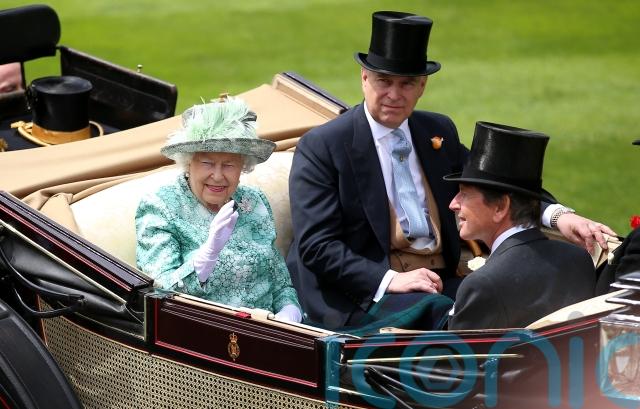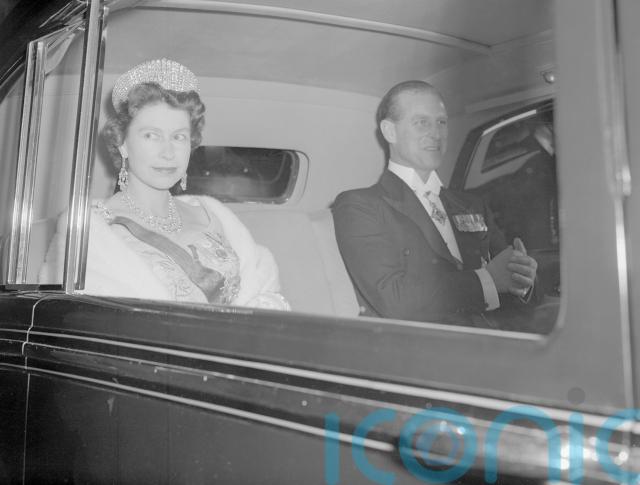
The disgraced Andrew Mountbatten-Windsor may have been formally stripped of his dukedom, his HRH and his princely title, but Buckingham Palace has handed him a tiny addition to his new name – a hyphen.
Royal sources have confirmed that, going forward, Andrew will use the punctuation mark between his two last names.
When the former prince’s new name as a commoner was announced on October 30 as he was banished from the monarchy over his friendship with paedophile Jeffrey Epstein, the Palace stated he would known as “Andrew Mountbatten Windsor”.
But the surname was missing the hyphen decreed by Andrew’s late mother, Queen Elizabeth II, 65 years ago when she set out the arrangements for the naming of her descendants as “Mountbatten-Windsor”.

When asked about the absence of a hyphen, in reference to the Queen’s decision in 1960, a Palace spokeswoman said at the time of the announcement confirming Andrew’s loss of his titles: “Andrew Mountbatten Windsor was the name agreed.”
It is understood the Palace has subsequently examined the 1960 Privy Council Declaration, which includes a hyphen, and will use a hyphen going forward.
In 1960, Elizabeth II declared her direct descendants – other than those with the style of royal highness and the title of prince or princess – when they needed a surname would use Mountbatten-Windsor.
Eight years earlier, after her accession in 1952, the Queen had decided that the royal family’s surname would still be Windsor and not the Duke of Edinburgh’s surname Mountbatten, much to Philip’s annoyance.

“I’m just a bloody amoeba,” Philip is said to have shouted, when learning his children would not bear his surname, complaining he was the only man in the country not allowed to do so.
In the end, the Queen, in a gesture to her aggrieved husband, gave him a concession of a double barrelled surname joined by a hyphen – just days before their third child Andrew was born.
The official declaration on February 8 1960 – ahead of Andrew’s arrival on February 19 1960 – read: “My descendants other than descendants enjoying the style title or attribute of Royal Highness and the titular dignity of Prince or Princess and female descendants who marry and their descendants shall bear the name of Mountbatten-Windsor.”
It also currently appears written as Mountbatten-Windsor on the royal family’s official website.
Andrew was born a prince, but had this birthright title removed by the King because of his “serious lapses of judgment” over his association with convicted sex offender Epstein.
Subscribe or register today to discover more from DonegalLive.ie
Buy the e-paper of the Donegal Democrat, Donegal People's Press, Donegal Post and Inish Times here for instant access to Donegal's premier news titles.
Keep up with the latest news from Donegal with our daily newsletter featuring the most important stories of the day delivered to your inbox every evening at 5pm.